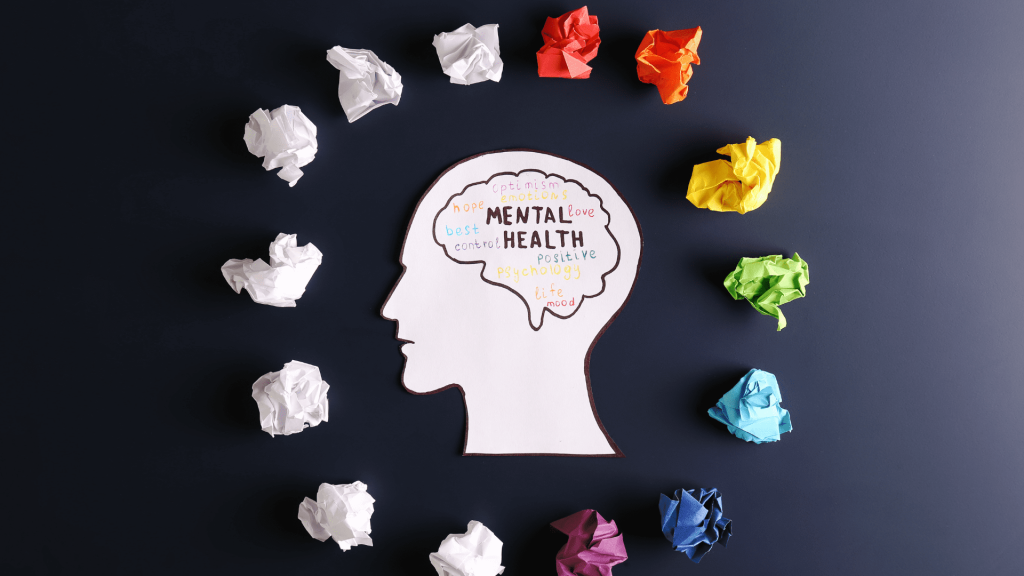Mindfulness has become a popular buzzword in recent years, with everyone from yoga instructors to corporate executives touting its benefits. But what is mindfulness, really? Is it just a trendy new fad, or is there something deeper at play?
At its core, mindfulness is the practice of being present in the moment and fully engaged in whatever you are doing. It is about paying attention to your thoughts, feelings, and sensations without judgment or attachment. Rather than getting caught up in the past or worrying about the future, mindfulness encourages you to focus on the here and now.
One of the key components of mindfulness is awareness. By becoming more aware of your thoughts and feelings, you can begin to recognize patterns of behavior and make more conscious choices about how you respond to different situations. This increased awareness can help you to break free from automatic responses and habitual ways of thinking, leading to greater emotional regulation and improved decision-making.
Another important aspect of mindfulness is acceptance. Rather than trying to change or control your thoughts and feelings, mindfulness encourages you to simply observe them without judgment. This can create a sense of peace and detachment, allowing you to let go of negative emotions and cultivate a more positive outlook on life.
Mindfulness can be practiced in many different ways, from meditation and yoga to simple everyday activities like eating, walking, or washing the dishes. The key is to bring a sense of mindfulness to whatever you are doing, no matter how mundane or routine it may seem.
One of the most well-known forms of mindfulness practice is meditation. By sitting quietly and focusing on your breath, you can train your mind to stay present and focused. Meditation can help to reduce stress, improve concentration, and promote a sense of calm and relaxation.
Mindfulness is not just about finding inner peace, though. It can also have a profound impact on your physical health. Research has shown that practicing mindfulness can lower blood pressure, reduce inflammation, and boost the immune system. It can also improve sleep quality, reduce chronic pain, and even help with weight management.
But mindfulness is not just a personal practice. It can also have a positive impact on our relationships with others. By cultivating a sense of presence and open-mindedness, we can become better listeners, more empathetic companions, and more effective communicators. This can lead to stronger, more fulfilling connections with our friends, family, and colleagues.
So, what is mindfulness, really? It is a powerful practice that can transform our lives in profound ways. By becoming more present, aware, and accepting of our thoughts and feelings, we can break free from negative patterns of behavior, reduce stress, and improve our overall well-being. Mindfulness is not just a passing trend – it is a timeless practice that can bring greater peace, joy, and fulfillment to our lives.

